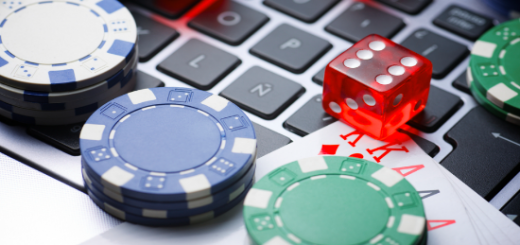How to check if the RNG is fair in the online casinos
The Random Number Generator (RNG) is the system that generates numbers for casino games. For examples slots, roulette, blackjack, video poker and keno. Many players believe that games with RNGs are rigged, and they spend a considerable amount of time looking into ways to detect cheating. In reality, however, RNGs are designed to be completely fair. Let’s see in the article below how to check if the RNG is fair in online casinos.

RNG in online casinos
Check the RNG
Check the RNG output by playing against the random generator at many sites. This should take 10-30 minutes depending on your Internet connection speed.
download an offline version of the game software from your site
After doing so run the same test using the downloaded program. You will notice that it runs faster than the real one, but should give accurate results.
If both tests return similar figures then there is no problem with the RNG
You could use this method to test other websites too. It’s pretty safe to assume that any website working with RNGs would also keep their output secret rather than letting people know what their algorithm looks like.
Compare the RGN results with the real world
Another way to verify is to compare the RNG results with the “real world” outcomes. For example, suppose you play Craps. Even though you don’t know the odds of every roll yourself, when you get a good roll you feel relieved while getting bad rolls makes you angry. What happens is that the emotional input affects our sense of intuition which we use to make decisions. So whenever we win or lose money we become more confident about our decision-making skills based on past experiences. When there is a high correlation between our “good” feelings and our choices during the game, then we can say that the RNG generated numbers are pretty close to the real ones and that the RNG works fine.
In conclusion, even when it comes to an electronic device that uses chance and mathematics to determine where chips go, everything still has to start somewhere. That somewhere could potentially be the computer code itself which is stored somewhere outside the device. When this happens, it becomes really hard to tell whether someone tampered with the code or simply ran the machine by hand once or twice.





















